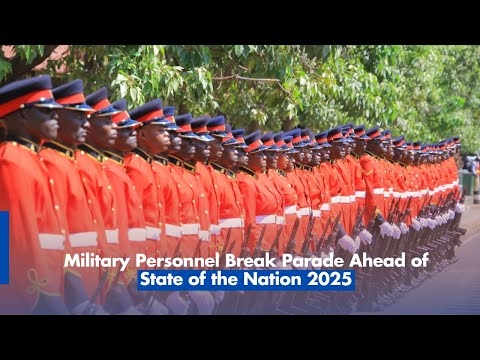The definition of the two words, youth and politics evokes an interest play in the education disciplines of Sciences and Arts.
Whereas youth can be defined in precise arithmetical terms as persons between the ages of 18 and 35 years, defining politics gets a little more complicated.
One dictionary defines it as “Activities associated with governance of an area aimed at improving status or increase power to manage resources”
Politics has also been defined by classic Greek scholars as a “Communities being of greater priority to individual ethics, with a goal of making citizens as good as possible so that they live their best lives.”
The Kenyan youth however is more prone to see politics in the Machiavellian definition as A Constant Struggle for Power.
Whichever of the various definitions we give politics, it is very different from elections. An election is a formal and organised choice by voting for a person for a political office or any other position. Politics is a process or series of activities while an election is an event, with predetermined timelines.
The youth as defined above make up about 29 per cent of Kenya’s population and 40 per cent of the registered voters. Yet in the last general election, only 50 per cent of them came out on Election Day.
This is very tragic, especially as they more than any age group need to influence election outcomes since 80 per cent of the unemployed are youth.
Why do the youth have apathy towards elections and politics yet therein may lie their collective hope?
In discussions I have had with youth groups, I have got the impression that the youth consider neither politics nor elections as possible solutions to challenges bedevilling them.
This is especially so since the activities of governance and policy interrogation do not have any reward in the short run yet they are very time and energy consuming.
Campaigns at election season likewise require resource mobilisation, which is an arduous task that must be undertaken without guaranteed personal benefit.
These twin activities of politics and campaigning for elections require investment in both time and funds. The statistics on expenditure pattern of the youth however is estimated as 57 per cent on personal care and presentation, 25 per cent on investment in career or business, 12 per cent on entertainment and six per cent on gambling.
Online and social media have become the main arena of engagement for the youth, with an estimate 78 per cent on social media daily.
Of the youth on social media, it is estimated that 61 per cent ignore political information that challenges their views, while 27 per cent have changed their minds based on information online.
The fact that the youth are willing to engage in politics online is indicative by the statistic that 58.7 per cent seek information on politics online while 69.2 per cent have commented on politics at least once.
Then there are five broad categories in youth when you consider politics and elections.
There are 55 per cent who don’t bother registering for election and forego influencing the making of a citizen as good as possible so that the best life can be lived.
This category is similar to the second, who register, but don’t participate in elections to the point of voting. They are 22 per cent of the total youth population.
The third category is those who register and participate in elections and vote: they are another 22 per cent of the total youth population.
The fourth group not only votes but is invested in supporting the candidate and mobilising the turnout vote all the way to the ballot box. They are approximately 1.4 per cent of the youth population.
The last category at 0.03 per cent is the bravest and most daring; the candidate who carries their dream and the hopes of others who have invested heavily in their success.
The youth age bracket candidates made up 27 per cent of the number of candidates in the last general election, of which only 7.7 per cent were successful. This indicates that the advantage of 40 per cent of total registered voters does not translate to elective advantage.
I present all these statistics to make the point that getting the youth to be fully engaged in the political process is of vital importance, even as they are the ones who would most benefit from doing so.












![[PHOTOS] Betty Bayo laid to rest in Kiambu](/_next/image?url=https%3A%2F%2Fcdn.radioafrica.digital%2Fimage%2F2025%2F11%2F3b166e2e-d964-4503-8096-6b954dee1bd0.jpg&w=3840&q=100)

![[PHOTOS]Goons vandalise Nargis Restaurant in Westlands](/_next/image?url=https%3A%2F%2Fcdn.radioafrica.digital%2Fimage%2F2025%2F11%2Fa1c98f6c-2b1d-4b50-b112-1def4d93a193.jpeg&w=3840&q=100)


